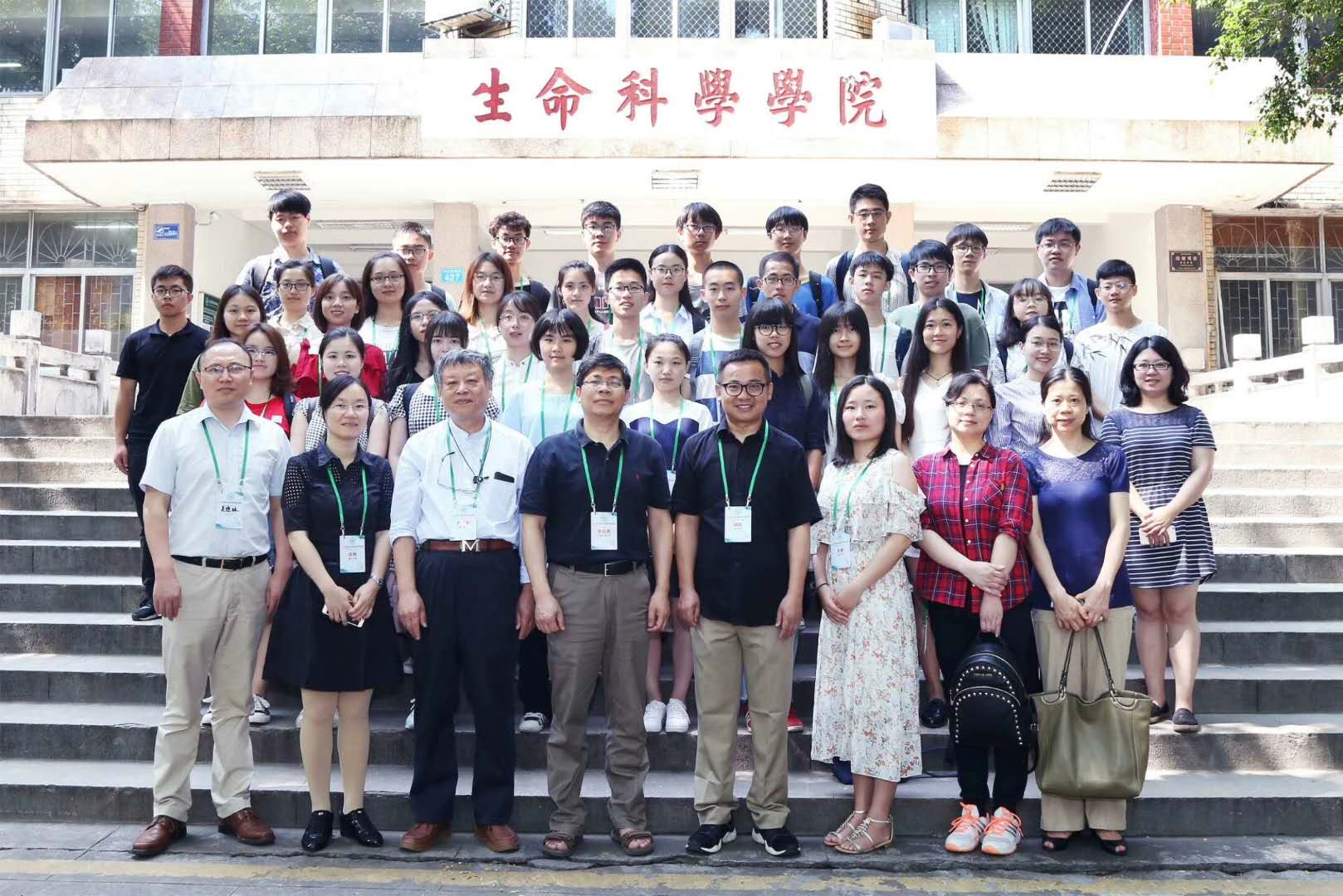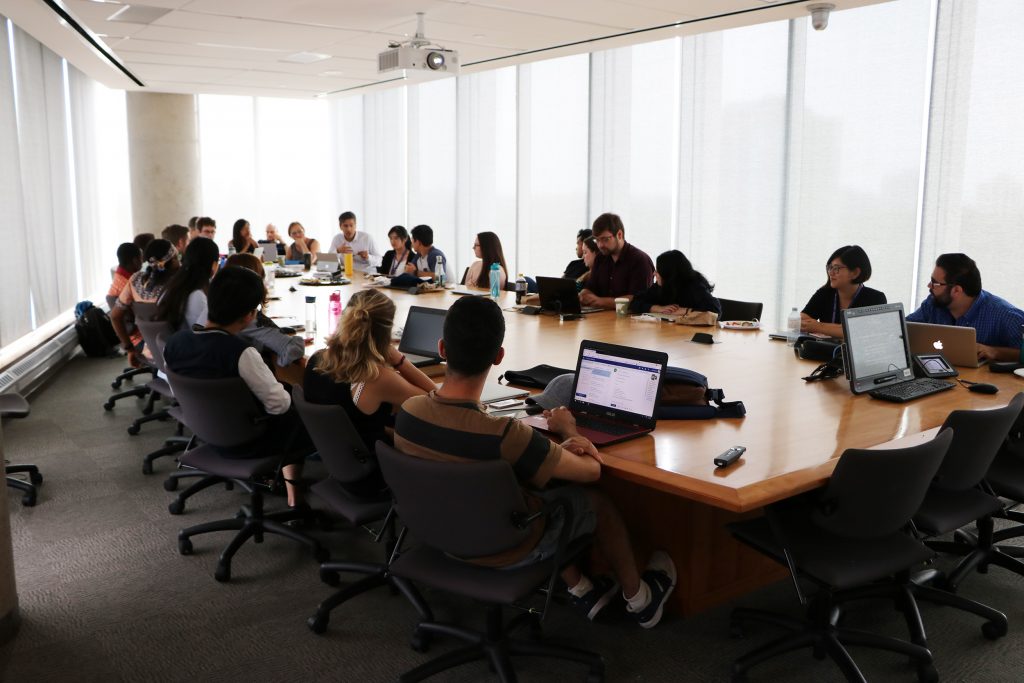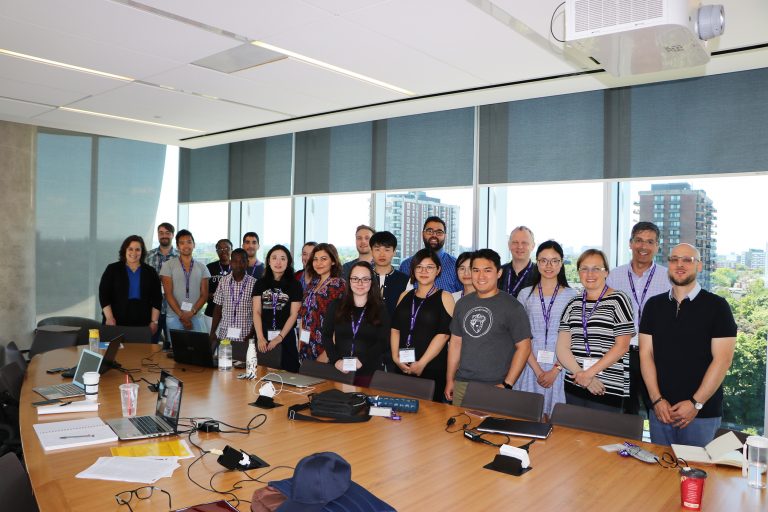Expert Interview
We discussed with different disciplines and fields scholars, their views inspired us a lot. Interviewing experts greatly advanced our project.
Prof. Fei Tao
School of Life Sciences & Biotechnology
Shanghai Jiao Tong University
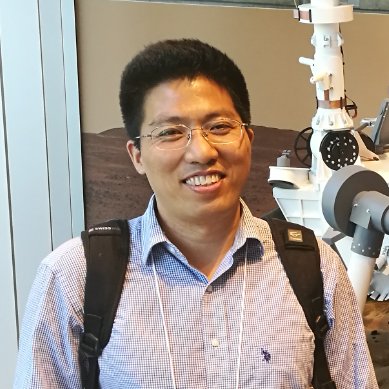
Dr. Tao is now an associate professor of SJTU. He has been engaged in the research of microbial synthetic biology since he got the doctoral degree. He mainly focuses on developing efficient cell factories and advanced biocatalytic technology based on the concept of synthetic biology.
Our interview concentrated on the topic “Application of metabolic network alignment tool in the laboratory”. Dr. Tao told us design of metabolic networks in synthetic biology focus on these aspects: 1.Yield; 2. Efficiency(in A -> B, concentration of B/A); 3. Period. Then we briefly introduced the idea of our software (a metabolic network alignment tool). Dr. Tao was greatly interest in the tool. He also analyzed a number of factors that lead to the difficulty of metabolic network alignment. How to evaluate similarity of two metabolic networks? How to grade the result of alignment? How to evaluate similarity of different compound…… His opinion made us have a deeper understanding of how make our software more practical and functional in the laboratory.
Prof. Daniel Figeys
Department of Biochemistry, Microbiology and Immunology
University of Ottawa
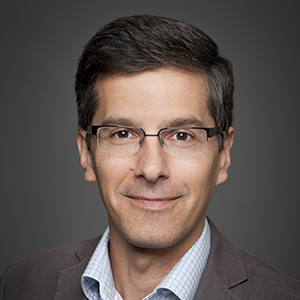
Daniel Figeys is a Professor and the Chair of the Department of Biochemistry, Microbiology and Immunology (BMI) and cross-appointed in the Department of Chemistry and Biomolecular Sciences at the University of Ottawa. He is also a Canada Research Chair in Proteomics and Systems Biology. His expertise is in the development of proteomics and systems biology and more recently in metaproteomics for microbial community analysis.
In Prof. Daniel Figeys’s Lab, they have developed a advanced bioinformatics software “iMetaLab”. Their project is originally designed for human/mouse gut metaproteomics protein identification and quantification, rooted from the MetaProIQ workflow. Upon the rising request, they wrap up the workflow into a desktop standalone version, with taxon analysis module built in. In the meantime, they have been working on some meta-function annotation and enrichment analysis, as well as some data visualization modules. Then they realize that it would be good to wrap up all related functions and share them to the community. They aim to make iMetaLab a free and one-stop toolset for gut metaproteomics, with increasing amount of tools under development. This interview inspired us how to make our software “Metlab: a metabolic network alignment tool” more user-friendly and complete. The process of their software development enlightened us to make “Metlab” a functional toolset with many tools related metabolic network.


